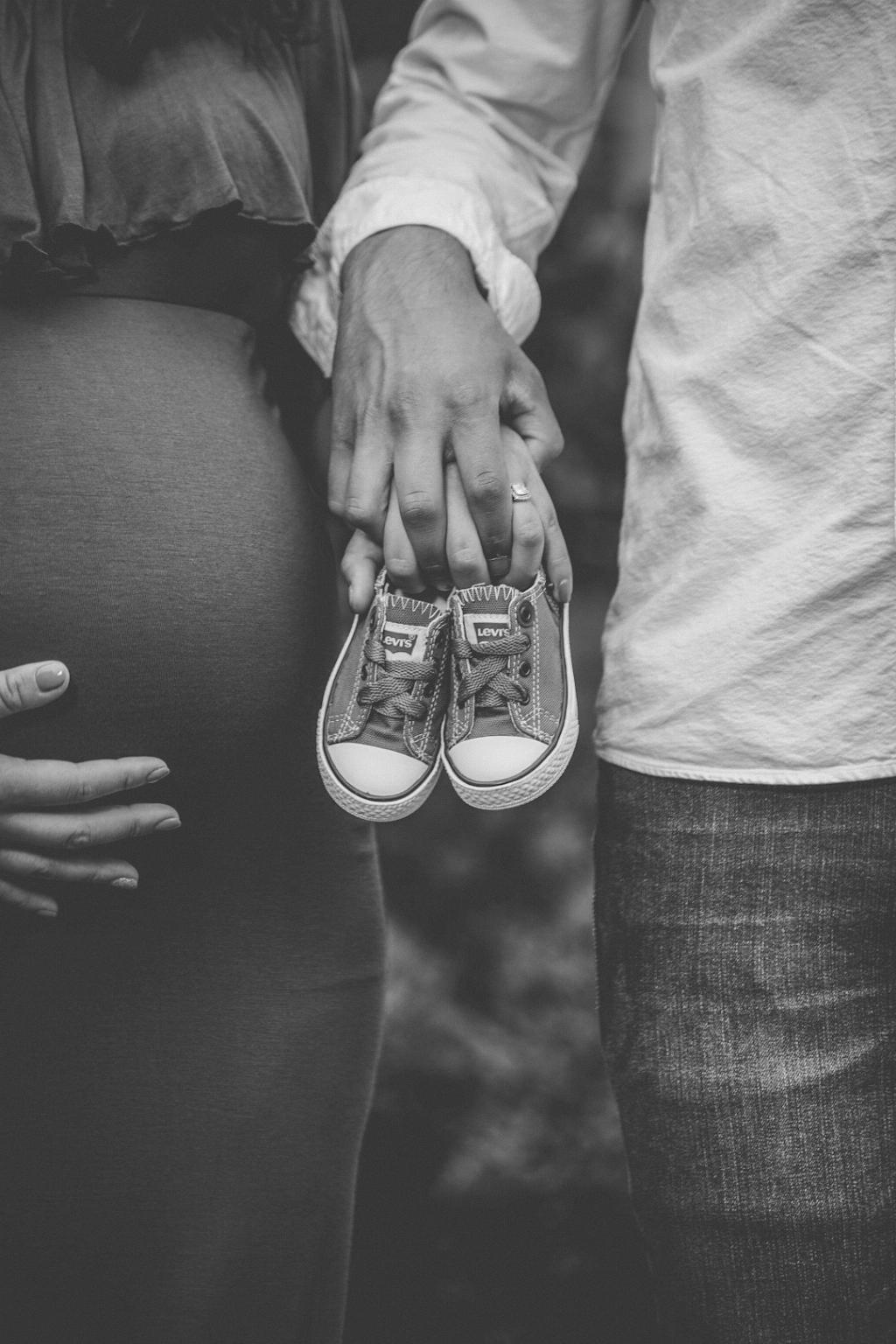When it comes to irregular periods and fertility, many women have concerns about their ability to conceive. The truth is that even with irregular menstrual cycles, it is still possible to get pregnant. Irregular periods can create challenges when trying to predict ovulation, but it doesn’t necessarily mean that conception is impossible.
Ovulation and Irregular Menstrual Cycles
One important factor to consider is that ovulation can still occur even if your period is irregular. Ovulation is the release of an egg from the ovary, which typically happens around the middle of a woman’s menstrual cycle. Even if your periods are irregular, it doesn’t mean that you are not ovulating at all.
Tracking Ovulation with Irregular Periods
For women with irregular periods, tracking ovulation can be more challenging. Since the timing of ovulation can vary from cycle to cycle, it’s important to pay attention to other signs of fertility, such as changes in cervical mucus and basal body temperature. Fertility awareness methods can also be helpful in predicting ovulation.
Consulting a Healthcare Provider
If you have irregular periods and are trying to conceive, it may be helpful to consult a healthcare provider. They can help evaluate your menstrual cycle patterns and offer guidance on how to optimize your chances of getting pregnant. In some cases, they may recommend fertility treatments or medications to help regulate your cycle.
Healthy Lifestyle Habits
Maintaining a healthy lifestyle can also play a significant role in improving your chances of getting pregnant with irregular periods. Eating a balanced diet, maintaining a healthy weight, exercising regularly, and managing stress can all have a positive impact on your fertility.
Understanding Underlying Causes
In some cases, irregular periods may be a symptom of an underlying health condition, such as polycystic ovary syndrome (PCOS) or thyroid disorders. It’s essential to address any potential health issues that may be affecting your menstrual cycle, as treating these conditions can also improve your fertility.
Importance of Patience
When dealing with irregular periods and fertility concerns, patience is key. It may take time to understand your cycle patterns and optimize your chances of conception. By staying informed, seeking support, and being patient, you can increase your likelihood of getting pregnant.
Seeking Emotional Support
Dealing with fertility challenges can be emotionally taxing, especially when faced with irregular periods. It’s important to seek emotional support from loved ones, support groups, or mental health professionals to help navigate the ups and downs of the journey to conception.
Exploring Alternative Options
If getting pregnant naturally proves to be difficult due to irregular periods, there are alternative options to consider, such as assisted reproductive technologies like in vitro fertilization (IVF) or intrauterine insemination (IUI). These methods can help bypass ovulation challenges and increase the likelihood of conception.
Empowering Yourself with Knowledge
Empowering yourself with knowledge about your body and fertility can help you make informed decisions about your reproductive health. Learning about ovulation, menstrual cycle patterns, and fertility awareness methods can give you a sense of control and agency in your journey to conception.
Conclusion
In conclusion, having irregular periods does not necessarily mean that you cannot get pregnant. By understanding your cycle, tracking ovulation, maintaining a healthy lifestyle, seeking medical guidance, and staying patient and informed, you can increase your chances of conceiving, even with irregular menstrual cycles.

